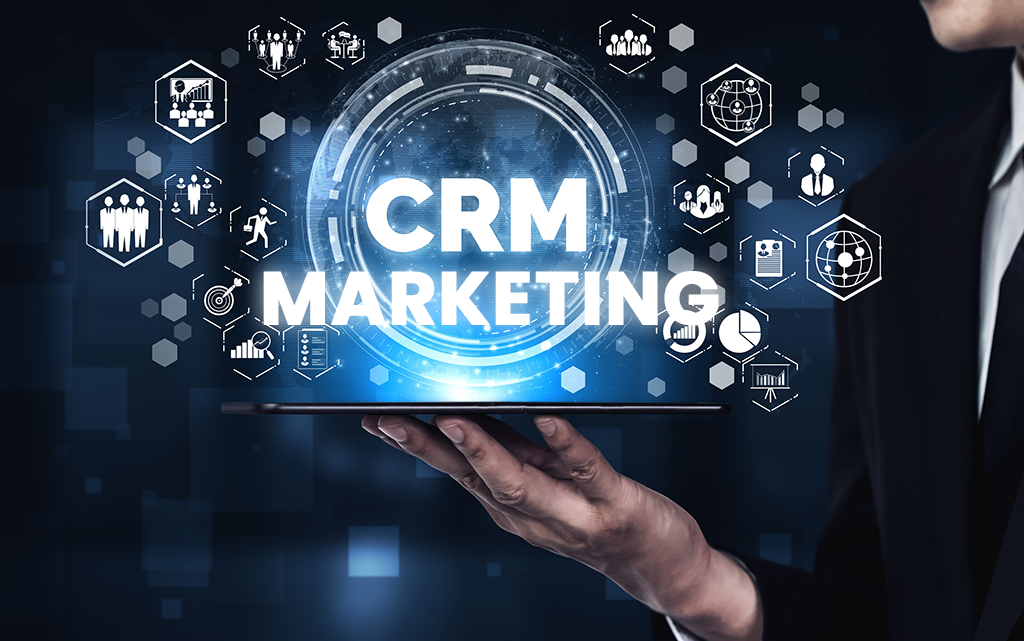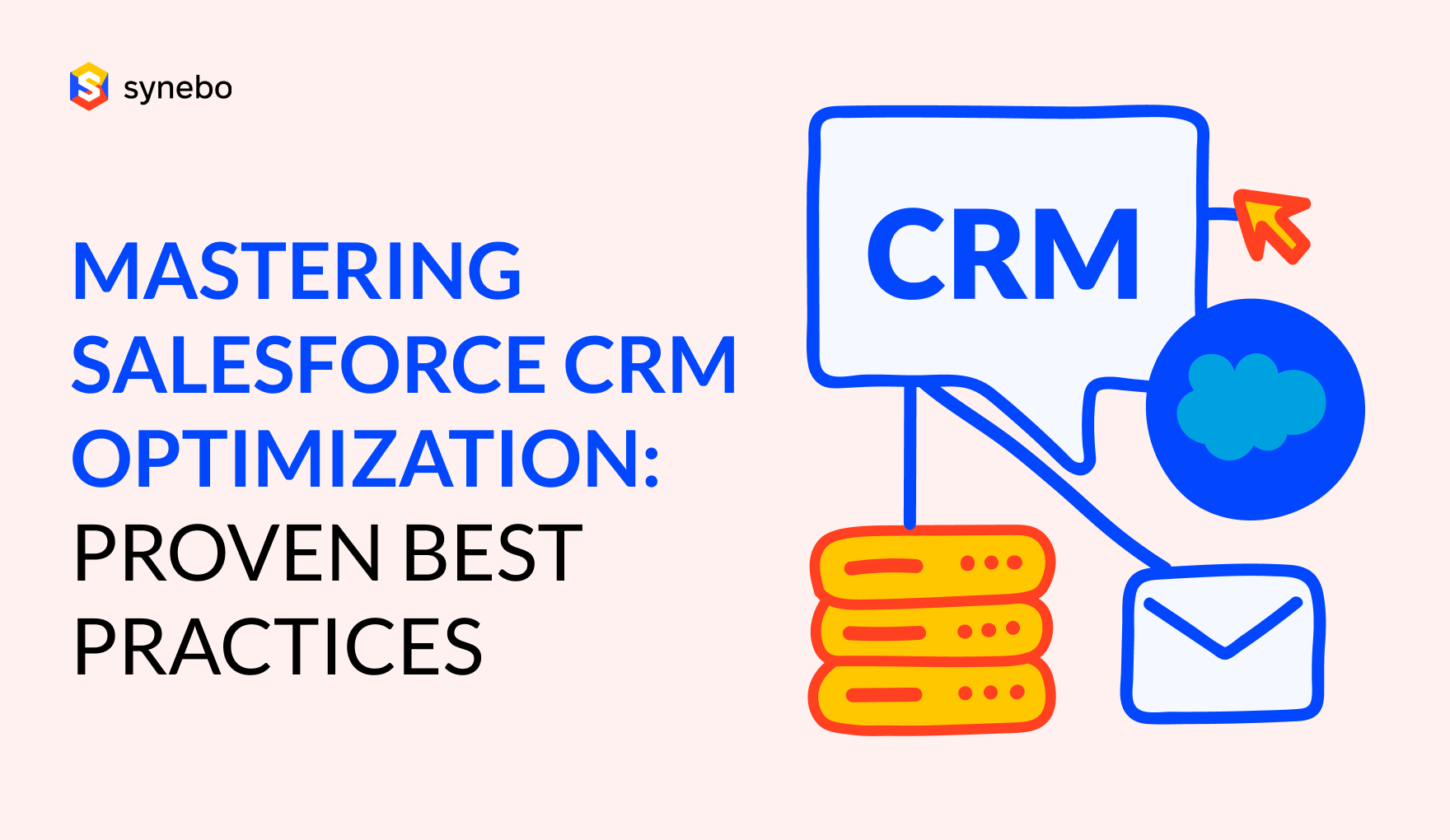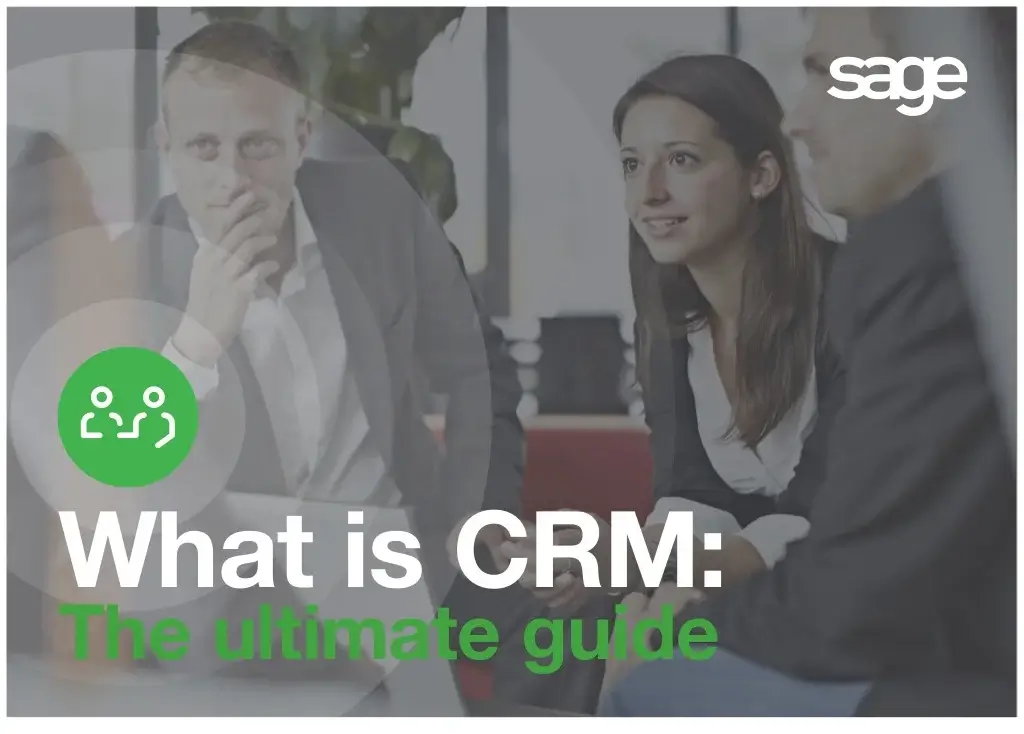Supercharge Your Business: A Deep Dive into CRM Marketing and Content Marketing Synergy

Unlocking Growth: The Power of CRM Marketing and Content Marketing
In the ever-evolving landscape of digital marketing, businesses are constantly seeking innovative strategies to connect with their audience, nurture leads, and ultimately, drive conversions. Two powerful methodologies that have emerged as indispensable tools in this pursuit are CRM marketing and content marketing. While often employed independently, their true potential is unleashed when they converge, creating a synergistic effect that amplifies results. This article delves deep into the intricacies of CRM marketing and content marketing, exploring their individual strengths, highlighting their combined power, and providing actionable insights to help you harness their potential for unparalleled business growth.
What is CRM Marketing?
Customer Relationship Management (CRM) marketing is a strategic approach that centers around building and nurturing relationships with customers throughout their journey with your business. It leverages CRM software to collect, organize, and analyze customer data, providing a 360-degree view of each individual. This comprehensive understanding allows businesses to personalize their marketing efforts, deliver relevant content, and provide exceptional customer service.
At its core, CRM marketing focuses on:
- Customer Segmentation: Dividing your customer base into distinct groups based on demographics, behaviors, purchase history, and other relevant characteristics.
- Personalization: Tailoring marketing messages, offers, and experiences to resonate with individual customer segments.
- Automation: Streamlining marketing processes through automated email campaigns, lead nurturing sequences, and other automated workflows.
- Data Analysis: Tracking and analyzing key performance indicators (KPIs) to measure the effectiveness of marketing campaigns and identify areas for improvement.
- Customer Service: Providing exceptional customer service through personalized interactions and timely responses.
The benefits of CRM marketing are numerous, including increased customer loyalty, improved customer retention rates, higher conversion rates, and a greater return on investment (ROI) from marketing efforts. By understanding your customers’ needs and preferences, you can build stronger relationships, foster brand loyalty, and ultimately, drive sustainable business growth.
The Fundamentals of Content Marketing
Content marketing, on the other hand, is a strategic marketing approach focused on creating and distributing valuable, relevant, and consistent content to attract and engage a target audience. The goal is to educate, inform, and entertain potential customers, establishing your brand as a thought leader and building trust and credibility. Content marketing encompasses a wide range of formats, including blog posts, articles, videos, infographics, ebooks, and social media updates.
Key elements of a successful content marketing strategy include:
- Audience Research: Understanding your target audience’s needs, interests, pain points, and preferred content formats.
- Content Planning: Developing a content calendar that outlines the topics, formats, and publication schedule for your content.
- Content Creation: Producing high-quality, engaging content that provides value to your target audience.
- Content Distribution: Promoting your content across various channels, including social media, email marketing, and search engine optimization (SEO).
- Performance Measurement: Tracking key metrics, such as website traffic, engagement rates, and conversion rates, to measure the effectiveness of your content marketing efforts.
Content marketing is a long-term strategy that requires patience and persistence. However, the rewards are significant, including increased brand awareness, improved website traffic, higher lead generation, and enhanced customer engagement. By consistently providing valuable content, you can position your brand as a trusted resource and build a loyal following.
The Power of Synergy: CRM Marketing and Content Marketing Combined
While CRM marketing and content marketing are powerful strategies in their own right, their true potential is unleashed when they are integrated. By combining the data-driven insights of CRM with the engaging power of content, businesses can create highly personalized and targeted marketing campaigns that deliver exceptional results. This synergistic approach, often referred to as content-driven CRM, allows you to:
- Personalize Content Delivery: Leverage customer data from your CRM to deliver highly relevant content to specific customer segments. For example, you can send personalized email newsletters featuring products or services that align with a customer’s past purchases or browsing history.
- Nurture Leads Effectively: Use CRM to track lead behavior and tailor content accordingly. When a lead downloads an ebook on your website, you can automatically add them to a lead nurturing sequence that delivers additional content designed to move them closer to a purchase.
- Improve Customer Segmentation: Use content engagement data to refine your customer segmentation. If a customer consistently engages with content related to a specific product category, you can add them to a segment that receives targeted promotions for those products.
- Enhance Customer Engagement: Create interactive content, such as quizzes or polls, that encourages customer participation and provides valuable insights into their preferences. This data can then be used to personalize future interactions.
- Measure ROI More Accurately: Track the performance of your content marketing efforts within your CRM system. By linking content engagement with sales data, you can accurately measure the ROI of your content marketing initiatives.
By integrating CRM and content marketing, you can create a seamless customer experience that fosters engagement, builds loyalty, and drives conversions. This powerful combination allows you to move beyond generic marketing messages and deliver highly personalized experiences that resonate with your target audience.
Strategies for Integrating CRM and Content Marketing
Integrating CRM and content marketing requires careful planning and execution. Here are some key strategies to help you create a successful integration:
1. Define Your Goals and Objectives
Before you begin, clearly define your goals and objectives for integrating CRM and content marketing. What do you hope to achieve? Are you looking to increase lead generation, improve customer retention, or drive sales? Having clear goals will guide your strategy and help you measure your success.
2. Choose the Right CRM and Content Marketing Tools
Select CRM and content marketing tools that are compatible and can be easily integrated. Many CRM platforms offer built-in content marketing features, while others integrate seamlessly with popular content marketing platforms. Consider factors such as ease of use, features, and cost when making your selection.
3. Segment Your Audience Based on CRM Data
Use your CRM data to segment your audience into distinct groups based on demographics, behaviors, purchase history, and other relevant characteristics. This will allow you to tailor your content to the specific needs and interests of each segment.
4. Personalize Content Based on Customer Data
Use your CRM data to personalize your content. For example, you can use a customer’s name, purchase history, or browsing history to create personalized email newsletters, website content, and social media updates.
5. Use Content to Nurture Leads Through the Sales Funnel
Create a content calendar that aligns with the different stages of the sales funnel. Develop content that addresses the needs and interests of leads at each stage, from awareness to consideration to decision. Use CRM to track lead behavior and deliver content that moves them closer to a purchase.
6. Track Content Performance Within Your CRM
Track the performance of your content marketing efforts within your CRM system. This will allow you to measure the ROI of your content marketing initiatives and identify areas for improvement. Use CRM to track metrics such as website traffic, engagement rates, and conversion rates.
7. Automate Your Workflows
Automate your marketing workflows to streamline your processes and save time. Use CRM to automate email campaigns, lead nurturing sequences, and other marketing tasks. This will allow you to focus on creating high-quality content and building relationships with your customers.
8. Regularly Review and Optimize Your Strategy
Regularly review your CRM and content marketing strategy to ensure that it is aligned with your goals and objectives. Analyze your data to identify areas for improvement and make adjustments as needed. This will help you maximize the effectiveness of your marketing efforts.
Practical Examples of CRM Marketing and Content Marketing in Action
Let’s look at a few real-world examples to illustrate how businesses are successfully leveraging the power of CRM and content marketing:
Example 1: E-commerce Retailer
An e-commerce retailer uses its CRM to segment customers based on their purchase history. They identify a segment of customers who frequently purchase running shoes. They then create a series of blog posts and videos about running, including tips on choosing the right shoes, training techniques, and race day strategies. They promote this content through email marketing, targeting the segment of customers who have shown an interest in running. The emails include links to the blog posts and videos, as well as special offers on running shoes and related accessories. The result is increased website traffic, higher engagement rates, and a significant boost in sales of running-related products.
Example 2: Software-as-a-Service (SaaS) Company
A SaaS company uses its CRM to track lead behavior and identify leads who are interested in a specific product feature. They create a series of tutorial videos and webinars that demonstrate how to use that feature. They then add these leads to a lead nurturing sequence that delivers the tutorial videos and webinars over a period of several weeks. The emails include links to the tutorial videos and webinars, as well as case studies and testimonials from other customers. The result is increased lead engagement, a higher conversion rate, and a shorter sales cycle.
Example 3: Financial Services Provider
A financial services provider uses its CRM to identify customers who are nearing retirement. They create a series of informative articles and guides on retirement planning. They then send these articles and guides to the customers who are nearing retirement, along with personalized advice and recommendations. The emails include links to the articles and guides, as well as information about the company’s retirement planning services. The result is increased customer engagement, improved customer loyalty, and a significant increase in the number of customers who sign up for retirement planning services.
Overcoming Challenges in CRM and Content Marketing Integration
While the integration of CRM and content marketing offers significant benefits, it’s important to acknowledge and address potential challenges. Here are some common hurdles and strategies to overcome them:
1. Data Silos
One of the biggest challenges is data silos – when customer data is scattered across different systems and not easily accessible. To overcome this, invest in a CRM system that integrates with your content marketing platform, or use data integration tools to connect the two systems. Ensure that data is consistently updated and accessible across all platforms.
2. Lack of Integration Between Tools
If your CRM and content marketing tools don’t integrate seamlessly, it can be difficult to share data and automate workflows. Carefully select tools that are compatible and offer integration options. If native integration is not available, explore third-party tools or custom API integrations to connect your systems.
3. Inconsistent Data Quality
Poor data quality can undermine your efforts to personalize content and segment your audience. Regularly clean and update your CRM data to ensure accuracy. Implement data validation rules to prevent errors during data entry and establish a process for regularly reviewing and correcting data.
4. Measuring ROI is Difficult
It can be challenging to accurately measure the ROI of your content marketing efforts, especially when it’s integrated with CRM. Implement robust tracking mechanisms, such as UTM parameters, to track the performance of your content across different channels. Use your CRM to attribute conversions to specific content pieces and campaigns. Track key metrics like lead generation, customer acquisition cost, and customer lifetime value to assess the impact of your integrated strategy.
5. Lack of Alignment Between Sales and Marketing
For successful integration, sales and marketing teams need to be aligned. Ensure that both teams understand the goals of the integrated strategy and are working together to achieve them. Foster open communication, share data insights, and establish clear processes for lead handoff and follow-up.
Looking Ahead: The Future of CRM Marketing and Content Marketing
The convergence of CRM marketing and content marketing is not just a trend; it’s the future of digital marketing. As technology continues to evolve, we can expect to see even greater integration and personalization. Here are some trends to watch:
- Artificial Intelligence (AI): AI will play an increasingly important role in CRM marketing and content marketing. AI-powered tools can automate tasks, personalize content, and provide data-driven insights to improve marketing performance.
- Hyper-Personalization: Businesses will move beyond basic personalization to hyper-personalization, delivering highly tailored content and experiences based on individual customer preferences and behaviors.
- Voice Search Optimization: With the rise of voice search, businesses will need to optimize their content for voice search queries to improve their visibility and reach.
- Interactive Content: Interactive content, such as quizzes, polls, and surveys, will become increasingly popular as a way to engage customers and gather valuable data.
- Video Marketing: Video will continue to dominate content marketing, with businesses using video to tell stories, educate customers, and drive conversions.
By embracing these trends, businesses can stay ahead of the curve and create marketing strategies that are highly effective and deliver exceptional results.
Conclusion: Embracing the Power of Synergy
CRM marketing and content marketing are two powerful forces in the digital marketing landscape. When combined, they create a synergistic effect that drives growth, builds loyalty, and fosters meaningful customer relationships. By integrating these strategies, businesses can personalize their marketing efforts, deliver relevant content, and provide exceptional customer service. This comprehensive guide has provided the insights and strategies you need to harness the power of CRM marketing and content marketing, propelling your business to new heights of success. Embrace this synergy, and watch your business flourish!





